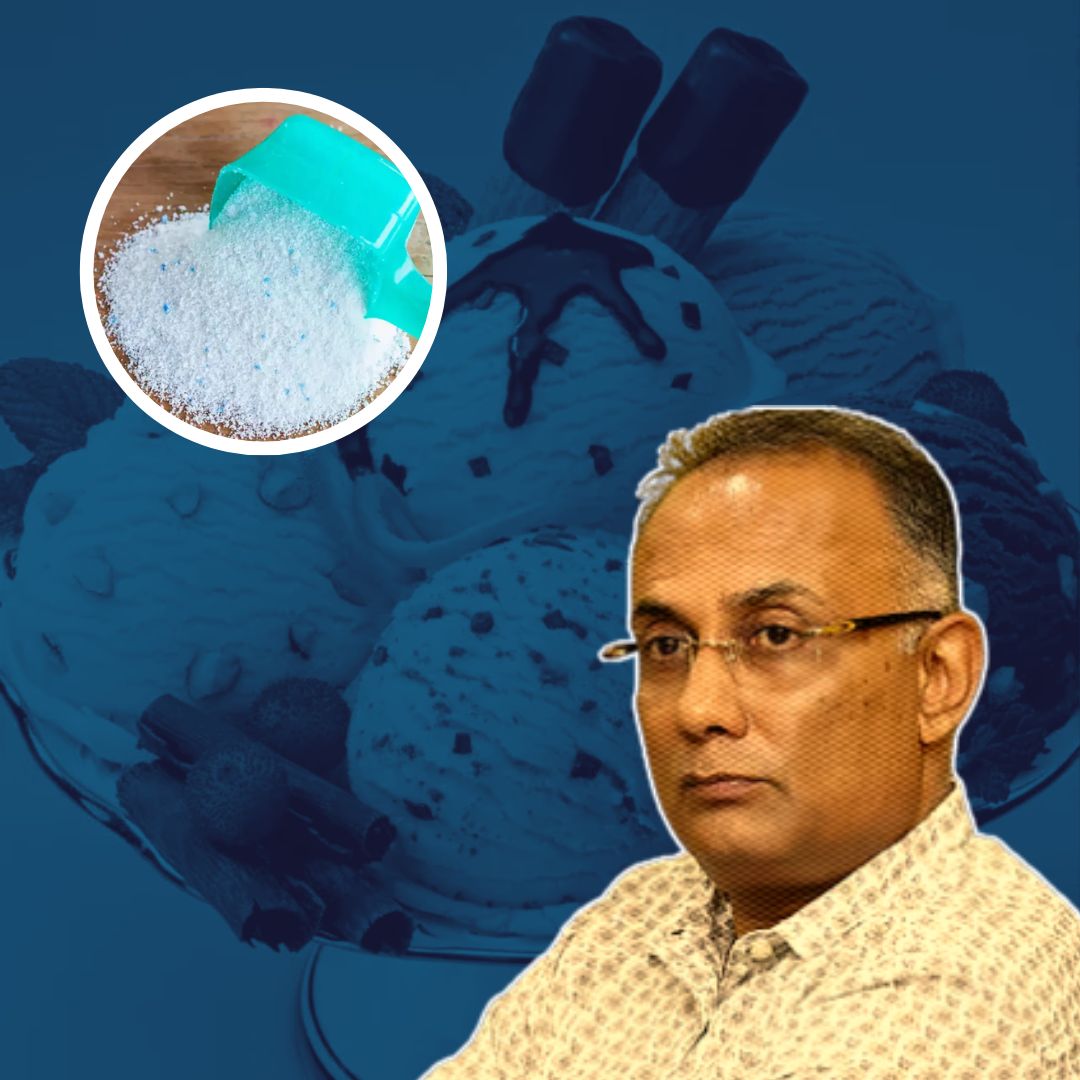In Karnataka, a recent food safety inspection uncovered serious health violations at nearly half of local ice cream, ice candy, and cool drink manufacturing units. Out of 220 shops inspected, 97 received formal notices for unhygienic conditions and substandard products.
Shocking findings included the use of detergent powder in ice cream, synthetic milk made from urea and starch, harmful additives like saccharin, and bone-weakening phosphoric acid in cool drinks. Contaminated water and excessive flavouring agents were also detected.
The inspections led to fines and raised concerns about food safety, especially for children. This crackdown is part of a broader effort by Karnataka’s health department to ensure food and drug safety, following similar inspections that uncovered unsafe food and poor-quality drugs across the state.
Uncovering the Violations
The inspections, conducted by the Karnataka Food Safety and Drug Administration Department, highlighted the need for stricter quality checks. Officials found that some manufacturers were using detergent powder to create a creamy texture in ice cream, while others used phosphoric acid in cool drinks to enhance fizz.
Synthetic milk made from urea and starch was also discovered, posing severe health risks. A senior FDA official noted, “The use of such harmful ingredients is extremely dangerous, especially since children are the primary consumers of these products.” The department imposed fines and issued notices to violators, emphasizing the urgency of maintaining hygiene and quality standards in the food industry.
Similar concerns have been raised about paneer contamination in Bengaluru, where bacterial presence and non-dairy additives were found in unbranded products. This highlights the broader issue of food adulteration in the state, which requires immediate attention and action.
Recent Developments and Background
This crackdown follows a series of food safety concerns in Karnataka. Between February and March 2025, the state’s health department conducted mass inspections, testing thousands of food samples and finding numerous violations. Restaurants were banned, and certain drugs were recalled from the market as a result.
The Karnataka Health Ministry has strengthened food and drug safety measures, including stricter checks on drugs, cosmetics, and food products. The department is also developing software to improve drug recall tracking, underscoring its commitment to public health safety.
Furthermore, the government is planning to enhance public awareness about food safety through educational campaigns, aiming to empower consumers to make informed choices about the food they consume.
The Logical Indian’s Perspective
The Logical Indian emphasizes the importance of prioritizing food safety and consumer health. The use of harmful ingredients in popular treats like ice cream and cool drinks is unacceptable and demands immediate action.
We urge consumers to remain vigilant and support manufacturers who adhere to safety standards. As we strive for a safer food environment, we must ask: How can we collectively ensure that our food systems prioritize health and safety, especially for vulnerable populations like children?
What steps can we take to foster a culture of transparency and accountability in the food industry? By promoting dialogue and encouraging responsible practices, we can work towards creating a healthier and safer food culture for everyone.











